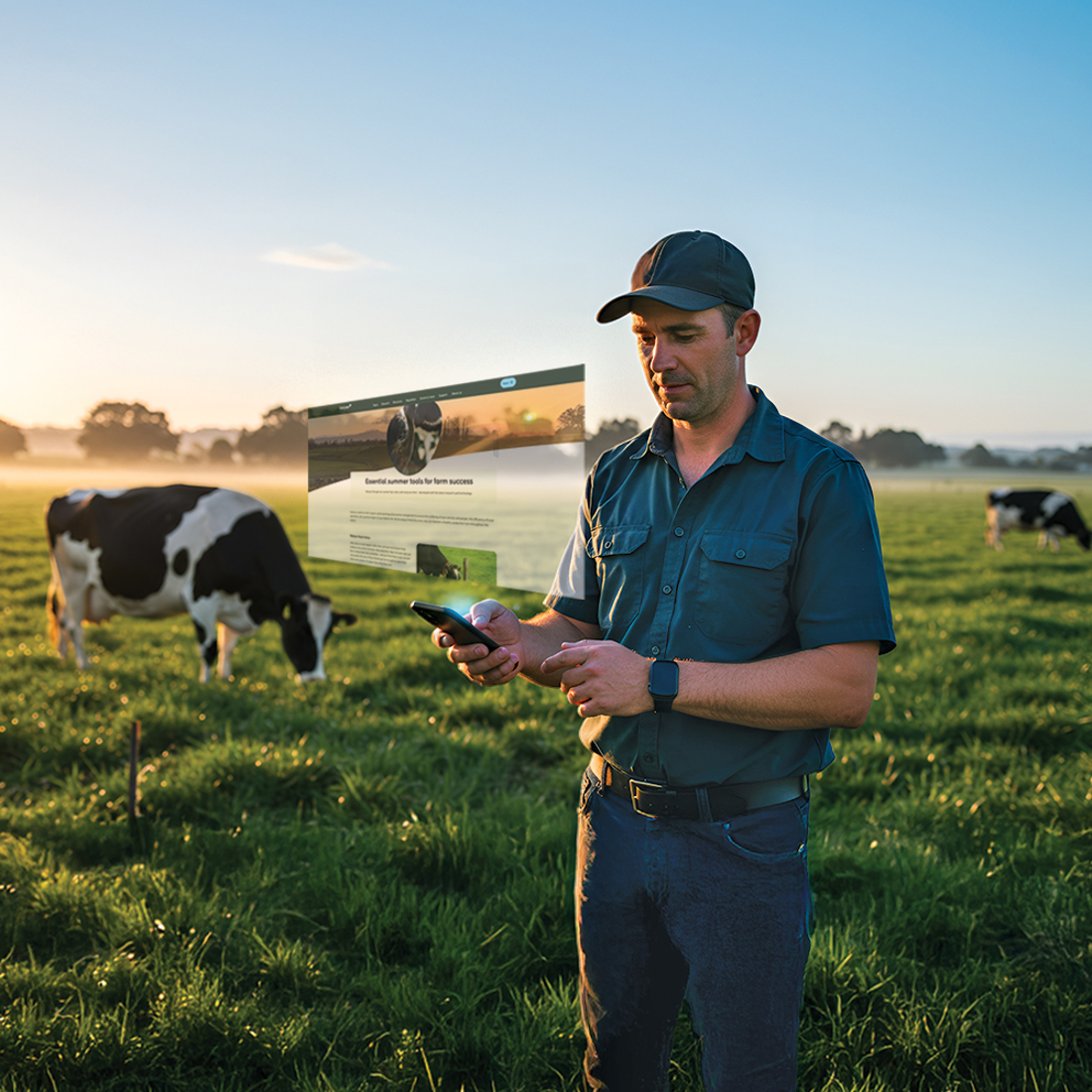Summer Smarts delivers future-fit know-how; backed by science, shaped by farmers and tuned to what matters right now.
Harvesting more feed
During summer, as soil moisture reduces, pasture growth slows leading to reduced leaf emergence. Slowing the round length to match pre-grazing three-leaf stage will help maximise summer growth and boost feed availably for autumn. A feed wedge is a valuable tool to support your summer pasture management. It makes it easier to see what’s happening with your pasture, from tracking pasture cover and spotting surpluses or deficits early and setting grazing targets. It takes the guesswork out of deciding next week’s grazing order and helps you make timely, confident decisions with less stress.
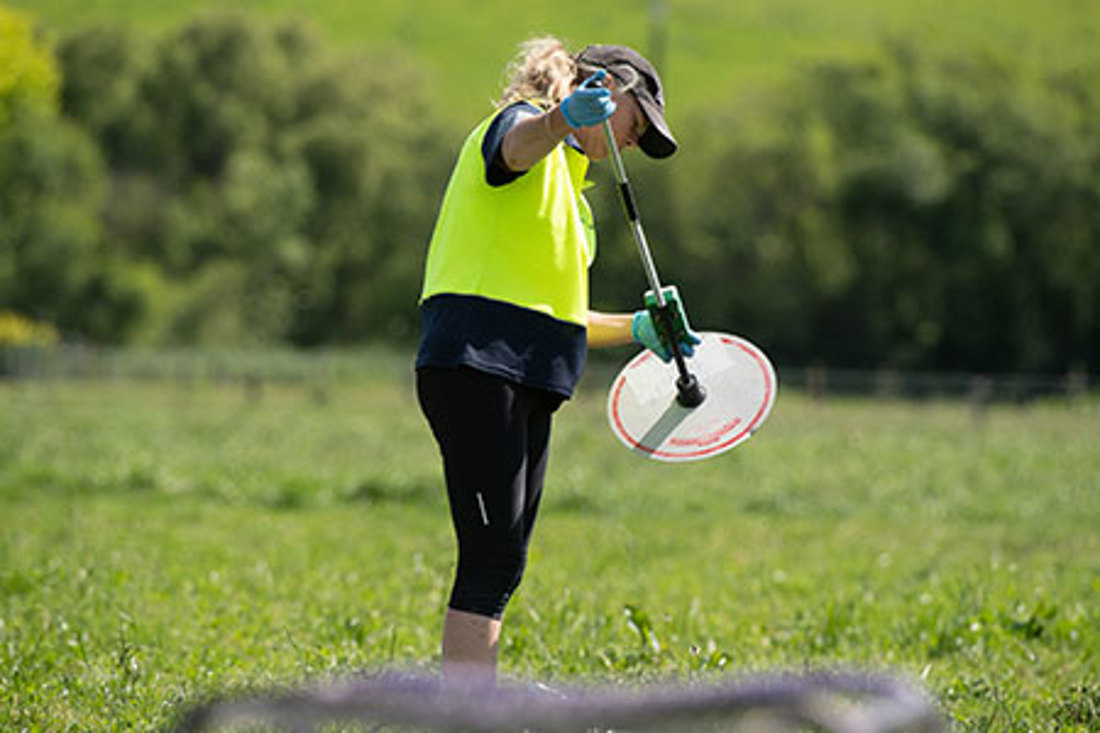
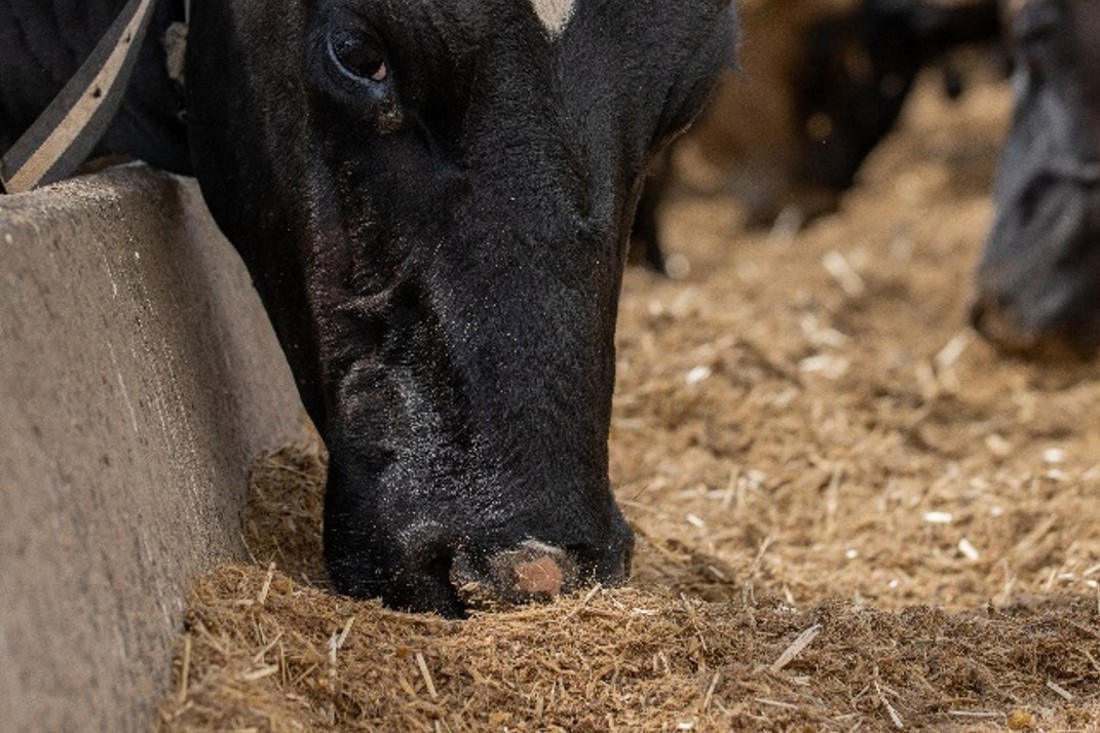
Efficient supplement use
Supplements can play different roles in your farm system over the summer. Ensure your planned supplements align with your farm pasture growth curve to maximise pasture harvest, crop utilisation and profit while meeting cows’ needs. When unexpected deficits occur during droughts or irrigation restrictions, DairyNZ tools such as the Supplement Price Calculator and FeedChecker calculator will help maximise profit by increasing milk income per kilogram of supplements fed.
Spend less time milking this summer with MaxT
Shave time off your milking and maintain milk production by using MaxT (maximum milking time). This strategy is about increasing efficiency and milking cows for a predetermined time based on milk volume. It defers residual milk to the next milking where it can be harvested more efficiently, resulting in less time in the shed for staff and cows without affecting milk production or udder health. The bonus is reduced electricity, water and labour costs, with every milking contributing to bigger savings.
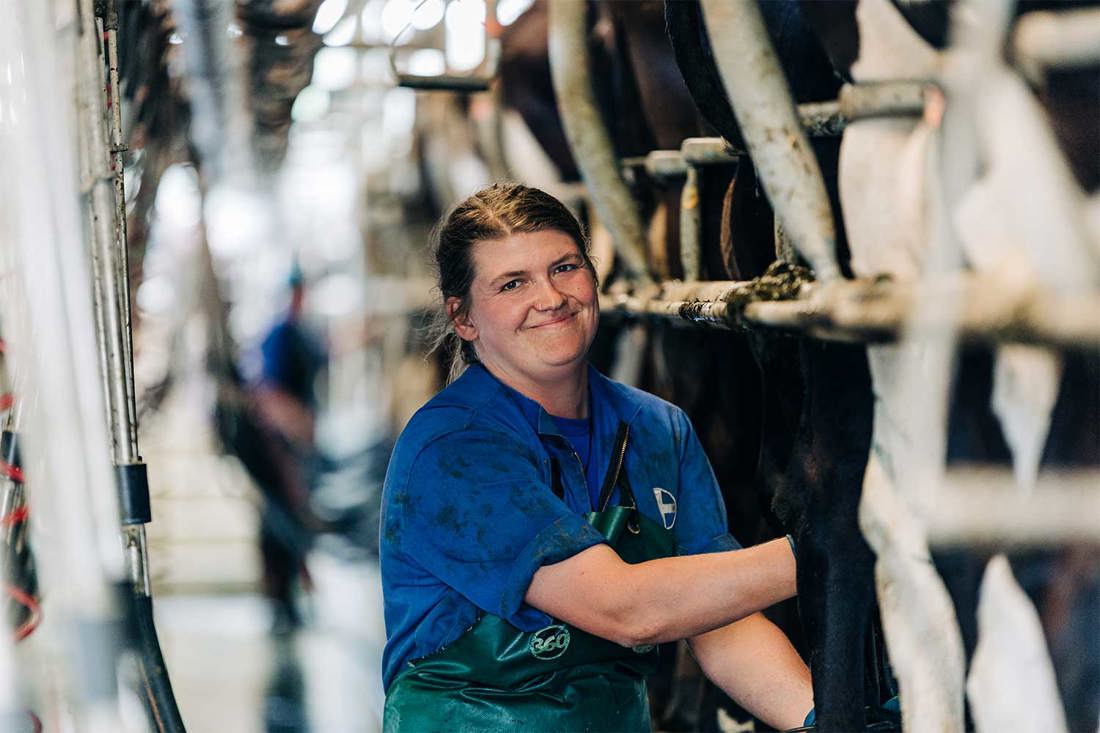
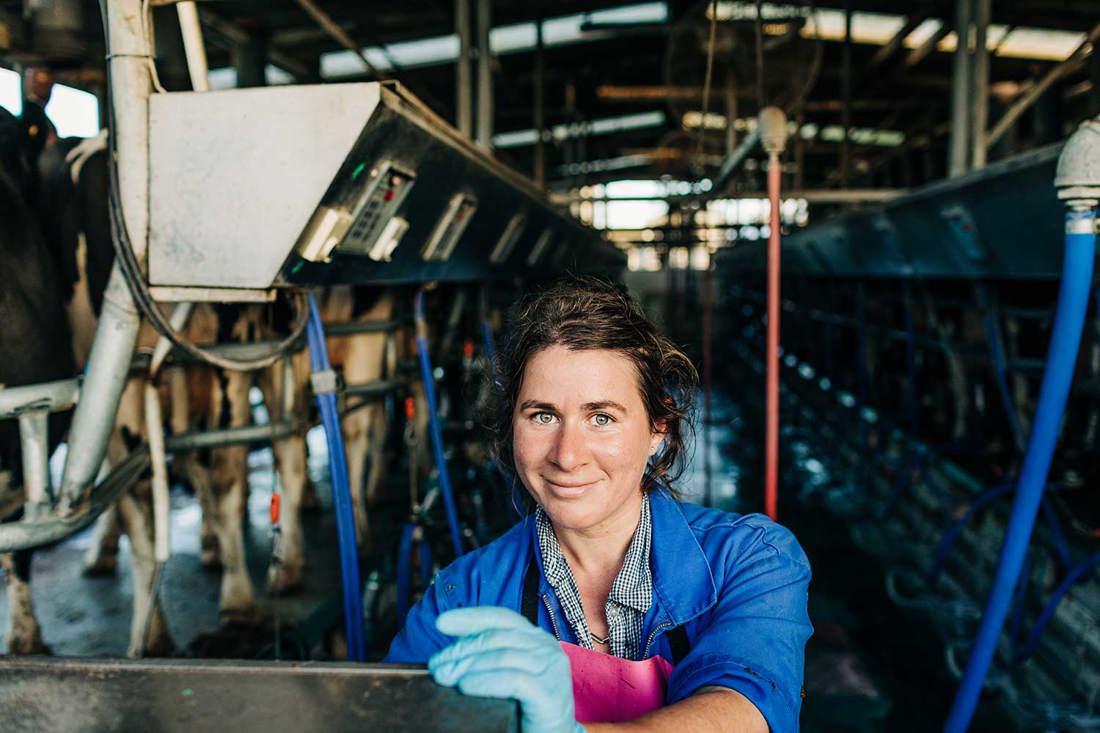
Choose the best milking interval for your farm
Flexible milking refers to varied milking schedules beyond the usual once or twice a day. It can help extend the grazing rotation in mid-lactation, reduce stress on cows, decrease work hours and provide more flexibility for your farm team. Research shows that, depending on how flexible milking is used, it can have minimal impact on production. See how different milking times might affect your weekly schedules and production.
Reducing heat stress
Heat stress in cows happens when they can’t get rid of excess heat, leading to discomfort and lower milk production. Heat-stressed cows eat less to reduce heat from rumination - and you’ll feel that in your vat and your pocket. All areas of New Zealand get hot enough to cause heat stress over summer. To reduce heat stress focus on:
- Providing shade
- Ensuring a good water supply for drinking and cooling
- Adjusting milking times and routine
- Reducing cow walking time in the heat of the day.
- Providing sprinklers in the shed or yard.
Work with your farm team to ensure they recognise the signs of heat stress in your herd this summer and take steps to prevent it.
See the 5 signs to watch for and tips to mitigate heat stress
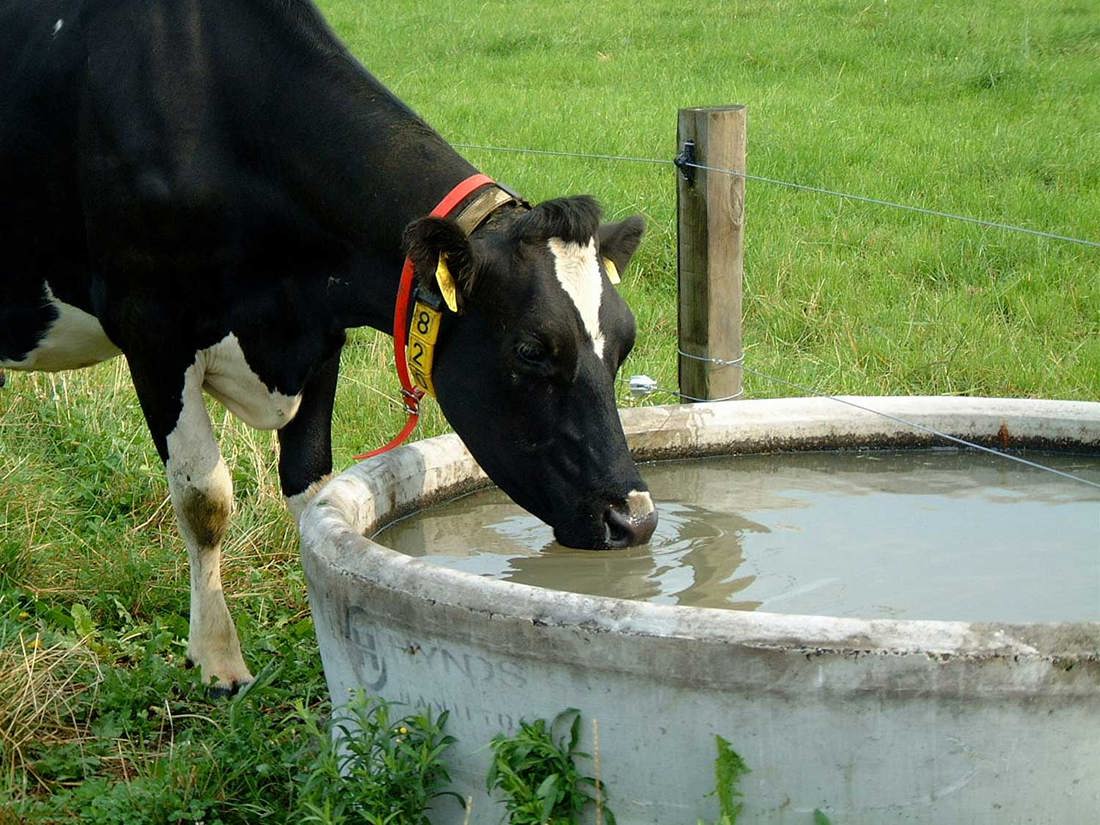
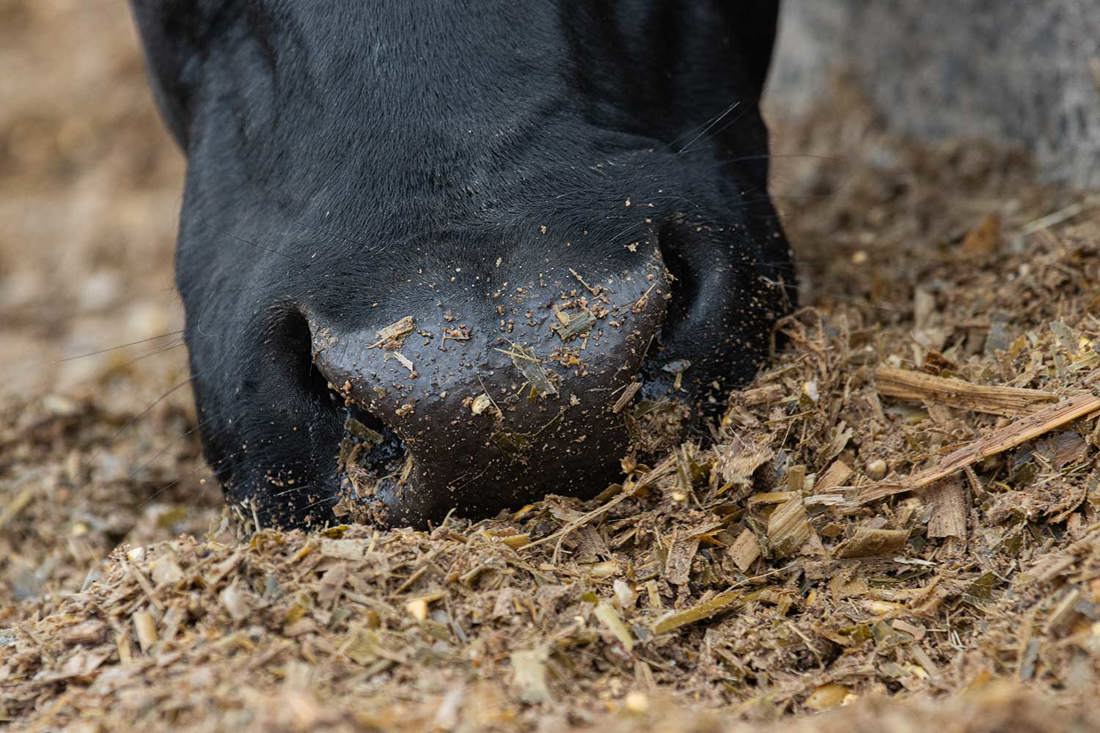
Rules for buying feed
Dry summers often mean you’ll need to bring in extra feed. Animal feed can affect health, milk quality, food safety, and be a biosecurity issue, so it’s important that any feed you buy can be traced back to its source. Reduce risks by checking the source with your feed supplier and checking feed for noxious weeds and mould before feeding out.
The Animal Products Act 1999 requires that all supplied feed is declared suitable for feeding to lactating dairy animals. Your animal feed supplier must provide product information (feed declaration form) at delivery.
Protect the supply chain and find out all you need to know about feed declaration forms, and buying and selling feed.
Additional tools and resources for summer
Explore more tools and resources to help you navigate through a successful summer
-
More tools for summer management
See our summer management fundamentals for more tools and tips on successful summer management on-farm.
-
Using supplementary feeds profitably
A helpful guide to determine whether supplements other than pasture can be used to improve profitability.
-
Lameness field guide
Use this guide to help you and your farm team identify, minimise, and treat lame cows.
-
Facial eczema management guide
A guide to managing facial eczema using zinc and fungicide.

